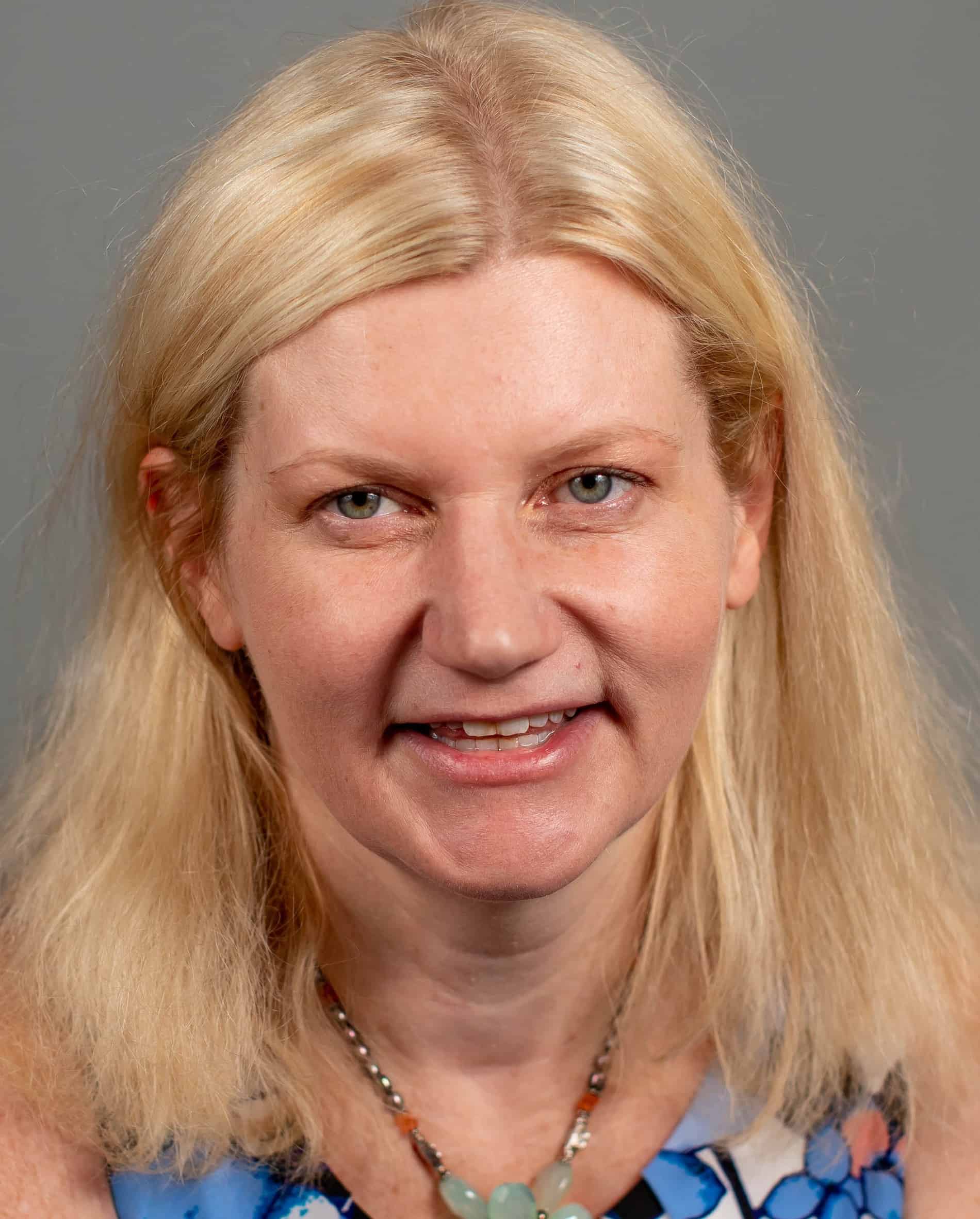 TAA member Julie Reeder coauthored an article published in the SAGE journal Autism (2022). The article, entitled, “Mobile and online consumer tools to screen for autism do not promote equity”, found that autism screening tools are available, but they are not easily found. Barriers include inaccessibility to parents with limited literacy or limited English proficiency, and frequent encounters with games, advertisements, and user fees.
TAA member Julie Reeder coauthored an article published in the SAGE journal Autism (2022). The article, entitled, “Mobile and online consumer tools to screen for autism do not promote equity”, found that autism screening tools are available, but they are not easily found. Barriers include inaccessibility to parents with limited literacy or limited English proficiency, and frequent encounters with games, advertisements, and user fees.
Building a buzz: Creating an online presence to make your book findable
So—you’ve completed your latest publication. There’s been a lot of sweat, and maybe some tears, but you did it.
Wouldn’t it be great if your hard work was over?
Unfortunately, outside of your immediate circle of colleagues, friends, and family, no one knows about your book. You need to get the word out.
Fortunately, you don’t have to be a marketing expert to create a stellar online presence. There are many simple, accessible ways to make your publication findable online.
Leveraging collaboration among authors and editors
When I started writing anatomy and physiology textbooks in the 1980s, I never gave much thought to this last part of my adventure: my exit. And here I am, getting ready to step back and hand it all over to others in a few short years.
I’m finding out that some of my friends in TAA who have exited or are on the “offramp” are valuable counselors who freely give advice from their experience. Most recently, four colleagues presented their experiences at the 2022 TAA Conference in a panel called Time to Slow Down: Finding an Offramp from the Authoring Freeway. Even with all this help, my offramp has been a bit bumpy.
Collaborating across differences: Keep writing communication simple with the 5Ps
In the two previous newsletter pieces in this series, we learned how non-binding co-author agreements and reflective conversations can build trust and understanding among collaborators. In this piece, we will consider how developing a shared vocabulary about a writing project can support writing partners or teams.
A campus partner and I are at the end of a three-year study of collaborative writers in which we work with faculty and graduate students who co-author manuscripts for publication or proposals for funding. One of our important, preliminary insights is that many writers share the concern about miscommunicating in ways that interfere with next steps, recommended revisions, and co-author contributions.
Copyright Claims Board: A new option for authors to protect their copyright
The CCB is a small claims forum housed within the Copyright Office (at the Library of Congress) for a limited number of common copyright claims. The CCB was established through an act of Congress in 2020 (the CASE Act) and began to hear cases in June 2022.
The purpose of the CCB is to make it easier for individuals and organizations to pursue small dollar copyright infringement claims that otherwise are too expensive for those with limited resources.
Listen to yourself
Authors have some tremendous tools at their disposal. Powerful bibliographic management software as well as programs to create eye-popping bar charts are just a couple examples. Some of these tools get a lot of buzz. But there are some features of old standards that can surprise.
All of the major word processing software programs offer a Read Aloud feature. This feature reads to you the text you have written. I will speak about Microsoft Word, but these points are true for most of the other word processing programs available on computers or online.






